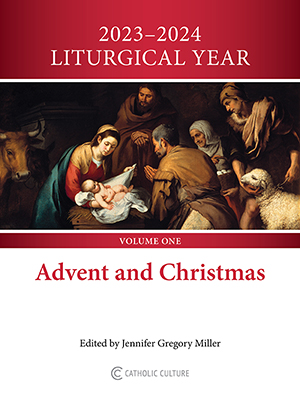Fathers of the Church
Epistle IV: to Fantinus, Guardian (Defensorem) of Panormus
by Gregory the Great in 603 | translated by James Barmby, D.d
Gregory to Fantinus, &c
Such things about our brother and fellow-bishop Exhilaratus, as thou thyself also knowest, have come to our ears as ought by all means to be visited with severe punishment. But, since it has been smoothed over by our most reverend brother and fellow-bishop Leo, who has also declared that he was judge in that case, we have thought it fit that he [i.e. Exhilaratus] should be sent back to his Church, considering that what we have inflicted on him by keeping him here so long may be enough for him. Therefore we enjoin thy Experience to pay attention to his manners and deeds, and to admonish him frequently, to the end that he may shew himself solicitous in extending kind charity to his clerks (clericis), and, should need require, in correcting faults. But we desire thee also to admonish his clergy that they exhibit humility towards him, and the obedience which the Lord commands, nor in any respect presume to behave proudly with regard to him. And if any one of them, that is, either bishop or clerk, should disregard thy admonition, do thou, under this authority from us, either correct the sin of disobedience by canonical coercion, as thou seest fit, or make haste to send a report to us, that we may be able to arrange how the rein of discipline may keep from going off their road those whom the goad of evil inclination provokes to transgression.
Taken from "The Early Church Fathers and Other Works" originally published by Wm. B. Eerdmans Pub. Co. in English in Edinburgh, Scotland, beginning in 1867. (LNPF II/XIII, Schaff and Wace). The digital version is by The Electronic Bible Society, P.O. Box 701356, Dallas, TX 75370, 214-407-WORD.






